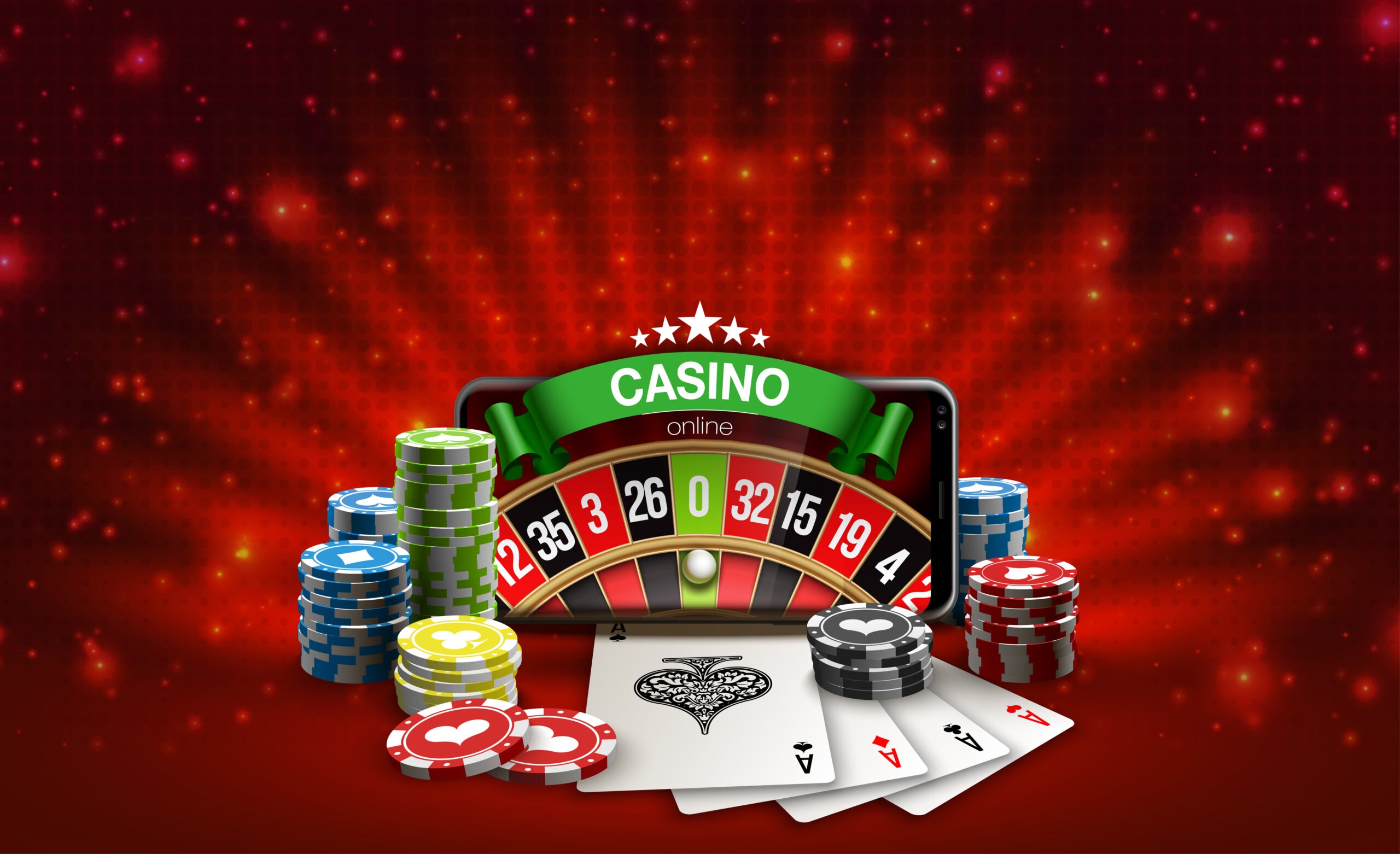In the world of gambling, understanding the nuances of multiple casino activities is important for anyone looking to improve their gaming experience. Regardless of whether it’s the twist of a roulette wheel cylinder, the deal of gambling cards, or the ringing of slots reels, each game has its distinct appeal and tactics. Yet, one vital concept that often goes overlooked by casual gamblers is the house advantage. This figure plays a important role in determining how games are structured and the sustained gains for gambling houses.
The house edge represents the mathematical benefit that the establishment holds over the gamblers. This inherent edge guarantees that while players may experience wins, the house ultimately gains more over the long run. By comprehending how the house advantage works in multiple gambling activities, gamblers can make informed decisions, set attainable goals, and maybe even create enhanced strategies for their playing. Understanding this critical element is vital for anyone who wishes to enjoy the thrill of gambling games while minimizing possible deficits.
What is the House Edge?
The house edge is a key concept that every gambler should know when engaging in casino games. It refers to the mathematical advantage that the casino has over gamblers. This benefit is integrated into the rules of the game and ensures that, over time, the house will make a profit. The house edge is typically expressed as a fraction, indicating the average amount the house expects to gain from each wager made by players.

Different casino games have varying house edges, which can greatly affect a player’s experience and wagering strategy. For instance, games like 21 can have a minimal house edge when played with optimal strategy, while games such as slots or keno often feature a higher house edge. Understanding these differences can help players in making informed decisions about what games to play and how to manage their funds effectively.
Gamblers often mistakenly believe that chance alone decides the outcome of casino games; but, the house edge is a perpetual factor that shapes the overall odds. This means that, while gamblers can achieve short-term wins, the long-term outlook is that the house will ultimately prevail due to the house edge. By understanding this concept, gamblers can enter gaming activities with a clearer understanding of their possible risks and benefits.
How House Edge Impacts Game Results
House edge represents a crucial idea that influences the outcomes of casino activities. It is the mathematical advantage that the casino has over gamblers, ensuring that the casino will keep a portion of all bets placed. This edge varies from various games and affects how much participants can anticipate to gain or suffer in the long run. Grasping the house edge helps players formulate informed decisions about the best games to participate in and how to manage their betting strategies.
Various casino games show different degrees of house edge, which can greatly affect the experience of players and overall satisfaction. For example, activities like 21 and specific poker variants can have a lower house edge in contrast with slot machines, in which the edge is typically greater. Players who enjoy strategy-driven activities might discover that their choices can decrease the house edge, leading for improved odds of winning. Conversely, activities of total chance offer minimal opportunity for skill to affect the result, causing the house edge a greater dominating factor. TDTC
Ultimately, understanding of the house edge enables players to manage their expectations and financial limits effectively while gambling. Recognizing that it is built into the game’s structure facilitates more responsible gaming. An awareness of how the house edge operates not only informs players about their odds of winning and additionally motivates them to reflect on their emotional and financial limits, making for a more pleasant casino experience.
Strategies to Counter House Edge
One efficient strategy to reduce the house edge in casino games is to familiarize yourself with the rules and best strategies of every game. Familiarity is essential in gambling. For example, in games like blackjack, understanding when to hit or stand can greatly reduce the house edge. Playing games with a lower house advantage, such as baccarat or certain variations of poker, can also boost your odds of winning.
Another vital approach is managing your bankroll wisely. Set a limit for your gaming session and stick to it. This ensures ensure that you do not chase losses and can enjoy your experience avoiding financial stress. Moreover, consider using betting systems that can assist maximize your gains and limit losses. However, it’s vital to note that no betting system can guarantee success, as outcomes in casino games are ultimately based on chance.
Lastly, take advantage of promotions and loyalty programs offered by casinos. These incentives can provide you with additional plays, bonuses, or cashback, subsequently lowering the effective house edge. Staying aware of these offers and intelligently using them can improve your gaming experience and provide a cushion against the inherent risks involved in casino gaming.